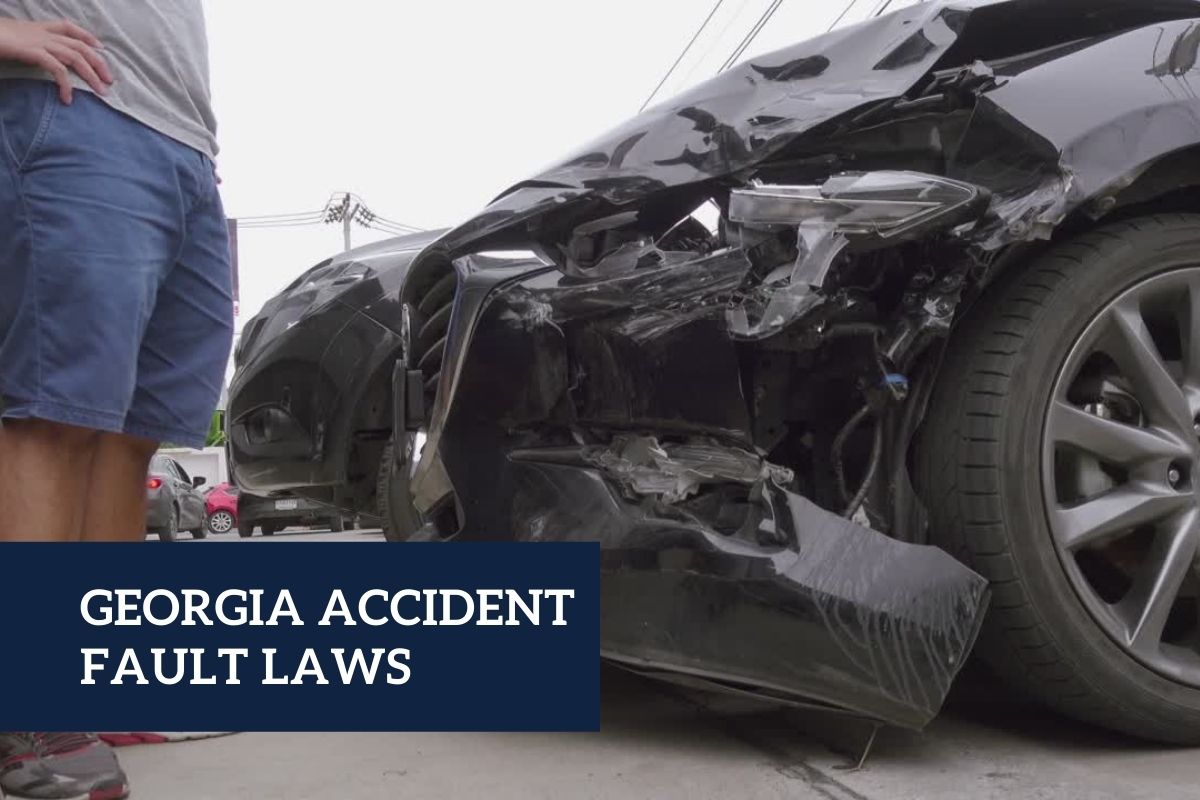
States have different rules about liability for car accidents. When it comes to obtaining compensation for injuries after a crash, it’s important to know the difference between a no-fault state and an at-fault state. Keep reading to learn more about Georgia accident laws and how they might affect your personal injury claim.
No-Fault vs. At-Fault Accidents
When requesting compensation after a car accident, you must follow the state’s auto insurance laws. Twelve U.S. states are no-fault states, while the rest operate under a fault-based system.
In no-fault states, drivers typically can’t file insurance claims or lawsuits against other people involved in an accident. Instead, all drivers must carry no-fault insurance to cover their losses in a crash. They turn to their own insurance policies to recover compensation for their damages.
In at-fault states, injured people can file an insurance claim or car accident lawsuit against the other party(s) responsible for the wreck. You can hold the negligent party financially liable for your injuries and receive compensation for losses like medical bills, lost wages, and pain and suffering with the right evidence. Notably, many no-fault states allow injured drivers to file these types of claims if their injuries meet a “serious injury” threshold.
Additional reading: can you sue someone for a hit and run in Georgia
Is Georgia a No-Fault State?
Georgia is an at-fault state. If you’re injured in a crash by a negligent driver or other parties, you can file a personal injury claim or lawsuit against them. If you’re successful, you can recover compensation for your medical bills, lost income, and other damages.
However, not all at-fault states are alike when it comes to claiming compensation after an accident. In Georgia, you can recover compensation after an accident if your portion of responsibility for the crash is 49 percent or less. If it is determined that the fault percentage assigned to you is any higher, you lose your right to compensation altogether. If you’re found partly responsible for the accident but are still eligible for compensation, your award will be reduced by your share of the fault.
Georgia Auto Insurance Requirements
According to the state Office of the Commissioner of Insurance, the minimum auto insurance requirements for Georgia drivers are:
- $25,000 in bodily injury coverage per person and $50,000 per accident
- $25,000 per accident in liability coverage for property damage
Keep in mind that these are the minimum coverage levels required. It’s a good idea to purchase additional coverage if you can afford it.
What To Do If I Was in an Accident That Wasn’t My Fault?
To maximize your chances of recovering compensation after an accident that was not your fault, follow these tips:
- Call 911 — Bring the police to the scene to investigate the crash and file an accident report. You may also need emergency medical attention.
Document the accident scene — Use your phone to take pictures of the injuries you suffered, the damage to any vehicles involved, and the area around the accident. Look for eyewitnesses and get their contact information if you find any. - See a doctor — If you aren’t taken to a hospital after the crash, see your doctor right away. You need to be examined for internal injuries. Your physician will also document your injuries, which will be necessary for a future injury claim.
- Don’t talk to the insurance company — Insurance companies can use information from a conversation to discredit a car accident claim. Don’t speak to insurance companies, even your own, until you hire a lawyer.
- Contact a Georgia car accident lawyer — An attorney can put you in the best position to recover maximum compensation for your losses. The sooner you hire a lawyer, the faster they can get to work on your case.
Hurt in a car accident in Georgia? Put Brauns Law Accident Injury Lawyers, PC to work for you. Call or contact us today for a free consultation with an experienced car accident lawyer.














